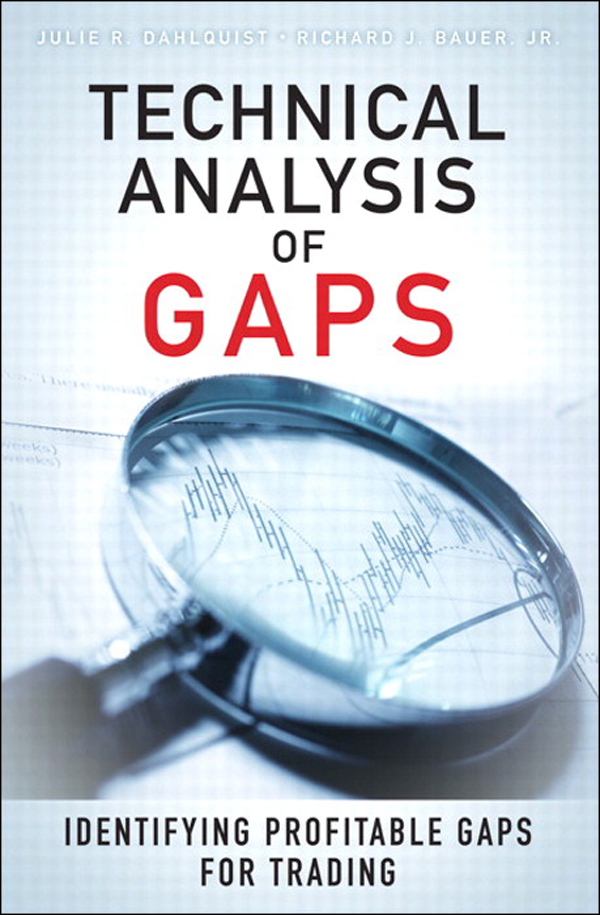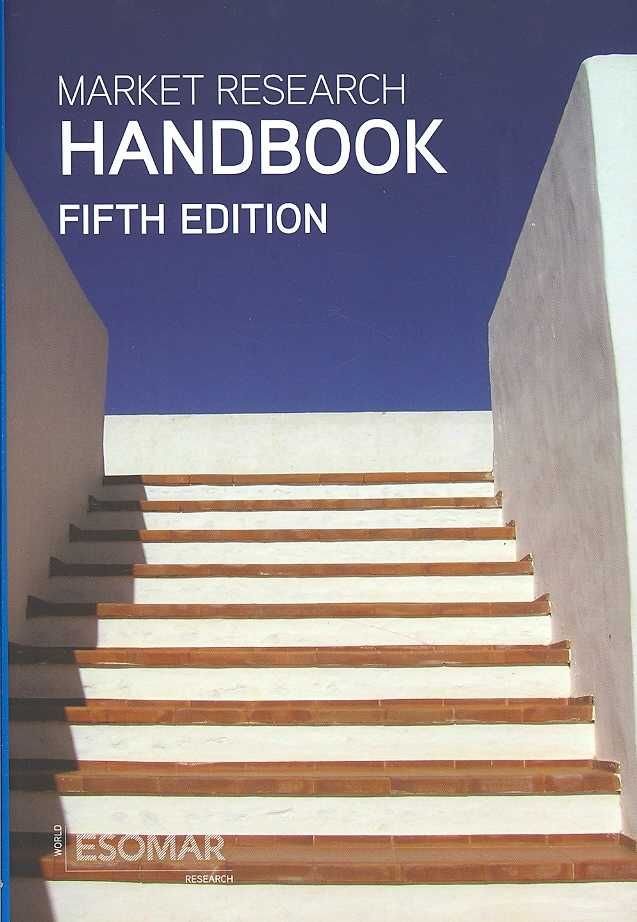This book examines economic transfers across generations and genders from a European perspective. It addresses key challenges that contemporary societies face in regards to ageing, welfare sustainability, and intergenerational and gender equity. Coverage also offers important insights into an often invisible side of the economy, namely the contribution of women who because of the gender contract largely engage in unpaid work in the household. The book presents a detailed analysis of resource reallocation across population members in Italy, which encompasses the age and the gender perspective, the public and the private sector, and the market and non-market dimensions of the Italian economy. This innovative and comprehensive case study presents valuable information on how intergenerational obligations are split between the family and the state. The author also explores the possible economic consequences of future ageing by using demographic projections and estimated age profiles of production and consumption. By incorporating services originating from unpaid work in its analysis, this monograph corrects the traditional under-evaluation of the ways homemakers contribute to the economy and offers an important addition to studies on generational economy, the National Transfer Accounts project in particular. The methods presented inside, though using data specific to Italy, are relevant for all European countries and will appeal to readers with an interest in welfare studies and policies.












